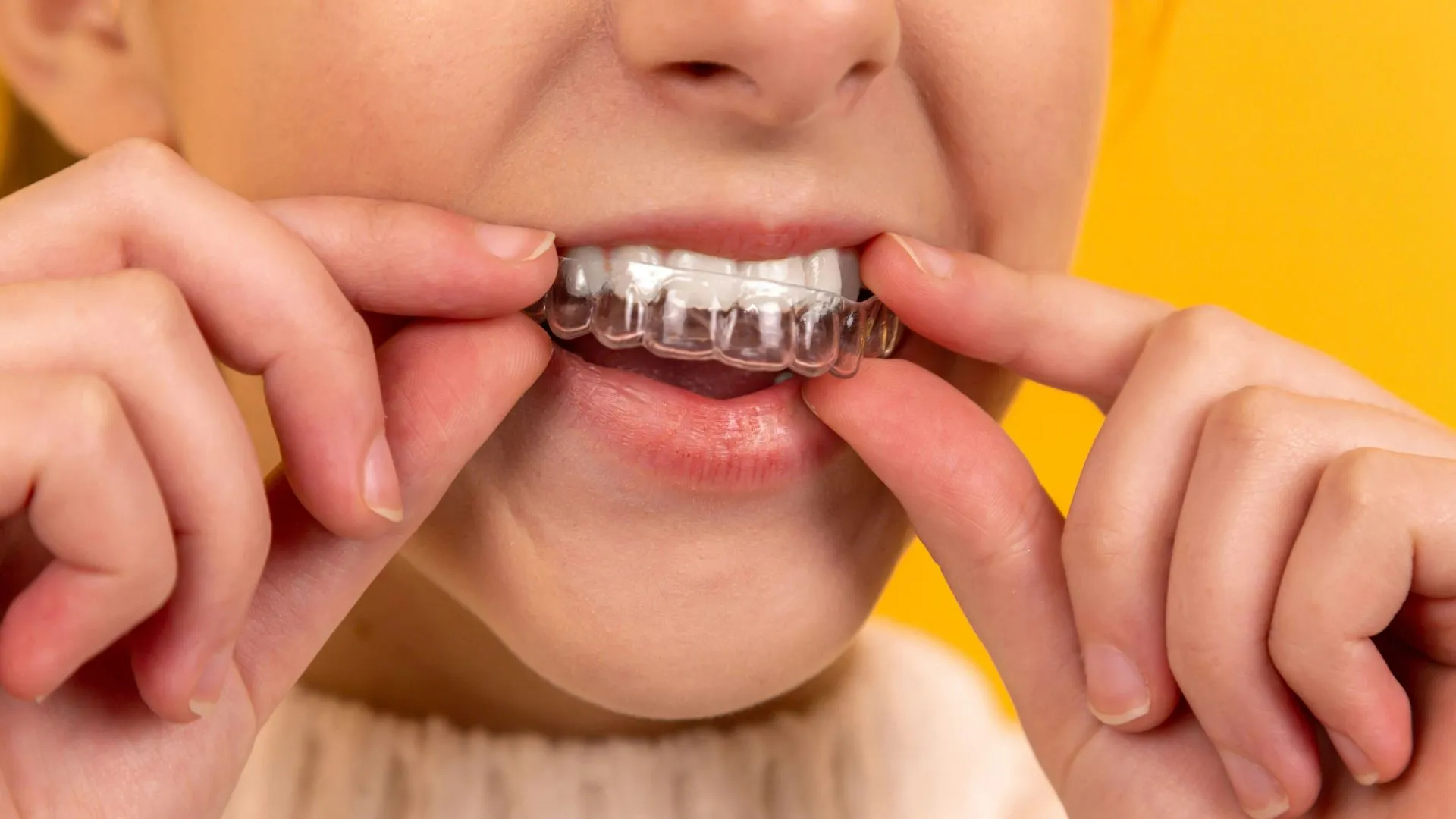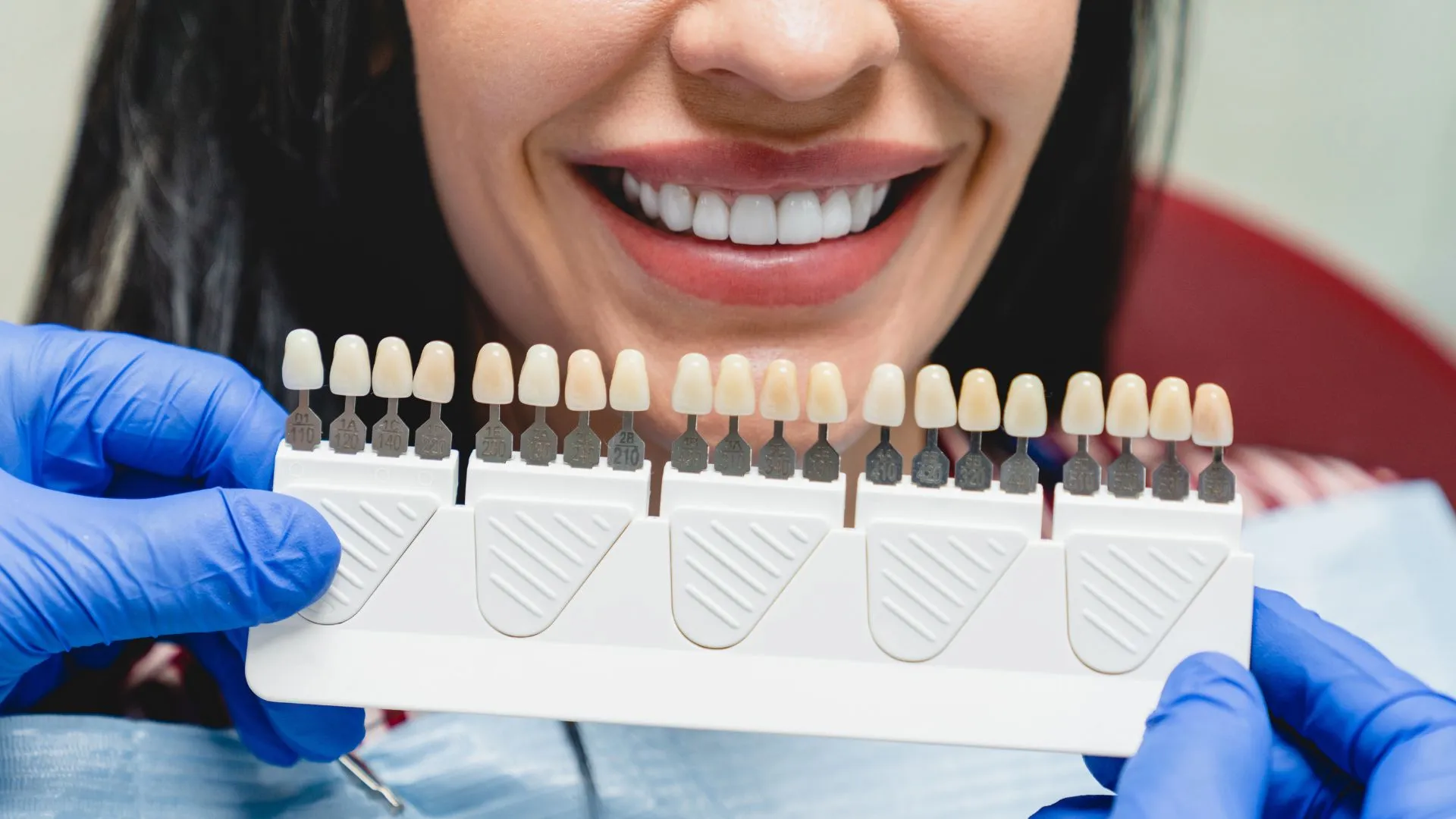The loss of a tooth, or all your teeth, affects every aspect of your life. It changes your smile and affects your ability to eat and speak. This, in turn, can have negative effects on your digestion and overall nutrition. In addition, missing teeth lead…
The loss of a tooth, or all your teeth, affects every aspect of your life. It changes your smile and affects your ability to eat and speak. This, in turn, can have negative effects on your digestion and overall nutrition. In addition, missing teeth lead to bone loss in your jawbone. While dentures have traditionally been the main replacement for total tooth loss, dental implants offer many more benefits in the long run. But how old is too old for dental implants? Can you still get dental implants if you have had dentures for years? Our professional team at Image Dental is here to answer all your oral surgery and dental implant questions and help you achieve a healthy, beautiful smile no matter what your age.
Amount of time needed for your mouth to heal
If you have recently learned that your teeth have extensive decay and require tooth extraction, your dentist will likely talk with you about replacement options. If you are considering dental implants, there are a few things to consider. In most cases, you will require at least three months of healing time after oral surgery to extract your teeth before implants can even be placed into your jaw. Once the oral surgeon places the implant screws, you will likely have additional healing time to allow the screws to fuse with your jawbone before the crowns are placed. In many cases, dental extraction and implant placement with recovery times can take six to eight months or more. In addition, as you age, you can take longer to heal. In many cases, recovery can take even longer.

Dental implants years after tooth extraction
Have you been wearing them for years but now seem to notice them slipping more often or causing problems? Unfortunately, this is a very common problem for denture wearers. The longer you wear dentures, the more time your jaw has without supporting tooth roots. When there are no longer roots to support, you begin to experience bone loss in the jaw. Maybe you have noticed your facial features collapsing inward? This is due to that bone loss.
The good news is, even with bone loss, you can still be a candidate for dental implants. However, you will likely need an additional procedure. Dental implants need a healthy jawbone to stabilize the implants. If you do not have enough bone, you will need to have a bone grafting procedure before you can have implants. Your oral surgeon will evaluate your jawbone for implants and determine if a bone graft is necessary, as well as which type of implants would work best. In addition to replacing a slipping denture, the implant placement will also stimulate bone growth in the jaw and help stop facial collapse.
When is it too late to get dental implants?
The good news is it is never too late to choose dental implants when it comes to age. However, as you age, there are some age-related conditions that can contribute to implant failure and make you a poor candidate for implant placement.
Ideal dental implant candidates
When considering dental implants, your oral surgeon will look at a variety of different factors. They will do a thorough oral exam and look at your overall medical history. During this evaluation, they are looking for certain factors, including:
- Good general health
- Enough bone to support implants or eligible for bone grafts
- Healthy gum tissue
Factors that can contribute to poor implant results
Unfortunately, not everyone is a good candidate for dental implants. Certain conditions can increase the risk of dental implant failure, meaning the implants will not bond well with the jawbone, or the tissue may not heal correctly. Some areas for concern can include:
- Underlying medical conditions – Conditions such as diabetes, cancer, alcoholism, or uncontrolled gum disease, to name a few, can increase the risk of implant failure.
- Certain medications – Medications that affect the immune system or bleeding, such as steroids or blood thinners, can affect your body’s ability to heal.
- Smoking – Smoking affects your body’s ability to heal.
- Oral habits – If you grind or clench your teeth, this may put too much pressure on your dental implants and lead to failure.
Even with one of these concerns, you may still be a good candidate for dental implants. Your oral surgeon will discuss everything with you and, in some cases, can work with you and your physician to help increase your overall health and implant success rate.
Age is merely a number and not a factor when it comes to implants
It is never too late for dental implants, no matter what your age. Even if you have lived with dentures for years, changing over to dental implants can eliminate the slipping of dentures when you eat or talk. In addition, implants can help keep your facial features from collapsing as bone loss occurs, helping you keep a more youthful smile. At Image Dental, we understand that tooth loss can be difficult to deal with, as well as choosing which tooth replacement option is best for you. Our caring team of dental professionals is here to help you every step of the way. Visit us online or call the office today to schedule an appointment and let us help you achieve a healthy, beautiful smile you can enjoy throughout retirement.



